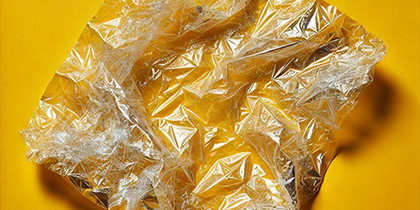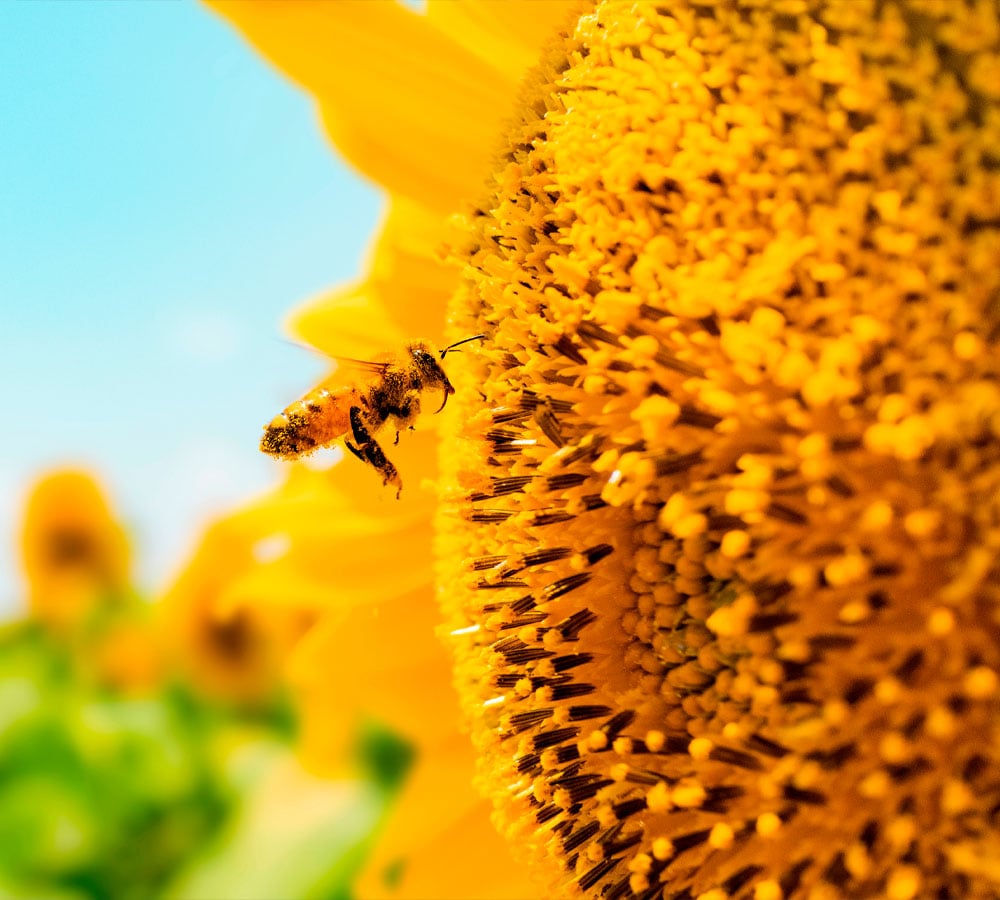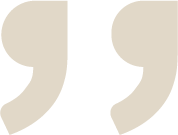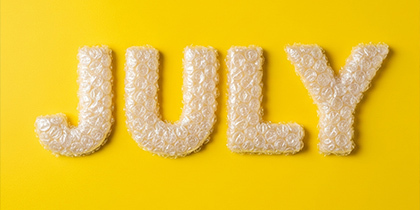What began as a local initiative in Australia has grown into a global campaign encouraging millions of people and businesses to reduce plastic use. But what exactly does Plastic Free July mean? And how can your organization contribute positively?
What is Plastic Free July?
Plastic Free July is a global campaign that challenges people and organizations to use less disposable plastic in July. The campaign was started in 2011 by the Plastic Free Foundation in Australia and is now active in more than 190 countries. Companies and organizations are encouraged to replace one or more plastic items with reusable alternatives, such as water bottles, coffee mugs, shopping bags or lunch bags and trays.
How big is Plastic Free July's impact?
2024 grew into the largest edition of Plastic Free July to date. Globally, 174 million people and organizations participated in the campaign. In 2023, the number was about 89 million.Large organizations also participated: for example, WWF-Australia and NASA's Johnson Space Center used the campaign to set up internal initiatives and raise awareness of plastic waste in the workplace.
As a result, an estimated 390 million pounds of plastic waste were prevented by July 2024. That is equivalent to about 30,000 garbage trucks full of plastic.
But to what extent is that impact lasting? This remains a common question. Research shows that 87% of businesses and consumers are more aware of plastic use after the campaign. This shows: being active and conscious about waste reduction can lead to lasting behavioral change - at home and in the workplace.
What can your organization do during Plastic Free July?
Plastic Free July offers an opportunity to start the conversation about plastic use within your organization. But how do you go about it? We list some ideas:
- Organize a plastic-free lunch, where everyone brings their own lunch in sustainable packaging - such as a reusable lunch box, beeswax cloth or other alternative. An accessible and social moment to create awareness about plastic use. After lunch, have a conversation with each other: Was it difficult to find an alternative? What challenges did you encounter?
- Encourage the use of reusable bottles and cups in the workplace. At Milgro we applied this ourselves: every colleague received a personalized mug. This way we prevent waste from disposable cups.

- Do an office plastic scan: Walk through the office with colleagues and see where unnecessary plastic is still lying around. Write down what you find and then look for reusable or more sustainable alternatives.
A good example is plastic stirrers for coffee or tea. These are often only used once and then immediately thrown away, while there are excellent alternatives such as metal spoons or wooden stirrers.
How Milgro helps reduce (plastic waste)
Sometimes plastic reduction on a large scale is easier said than done. Especially in industries where packaging is functionally indispensable, there doesn't always seem to be an immediate alternative. Still, organizations can reduce the environmental impact of their plastic use, for example by opting for more efficient processing or recycling.
A good example is Aviko Proven, a producer in the potato industry. The organization faced the challenge of disposing of plastic films in a sustainable manner. Traditional waste disposal led to incineration, which was not in line with the organization's sustainability goals. Together with Milgro, Aviko Proven set out to find an environmentally friendly solution for processing foils. The solution? Chemical recycling--which reduced the amount of residual waste by nearly 70% within a year, as well as achieving significant cost savings.
From Plastic Free July to Zero Waste
Plastic Free July helps reduce disposable plastic. But plastic is often just one of the waste streams generated in the workplace.
After Plastic Free July, do you want to look beyond plastic waste? And discover what other streams you can reduce or separate more efficiently?
In Milgro's Zero Waste Workshop, together with your team, we map out the various waste streams on site. We provide insight into the origin, composition and processing of materials. With practical tips you will discover together how you can reduce and ultimately prevent waste streams.
Keepingup to date
Stay up to date on all new developments? Follow us onLinkedIn, listen to the podcast 'Grondstof tot nadenken' or subscribe to the newsletter. Are you curious about what Milgro can do for your operations and waste process? Then get in touch.
















